

Bricks to be produced from recycled waste
Posted: Sunday, May 11th, 2025
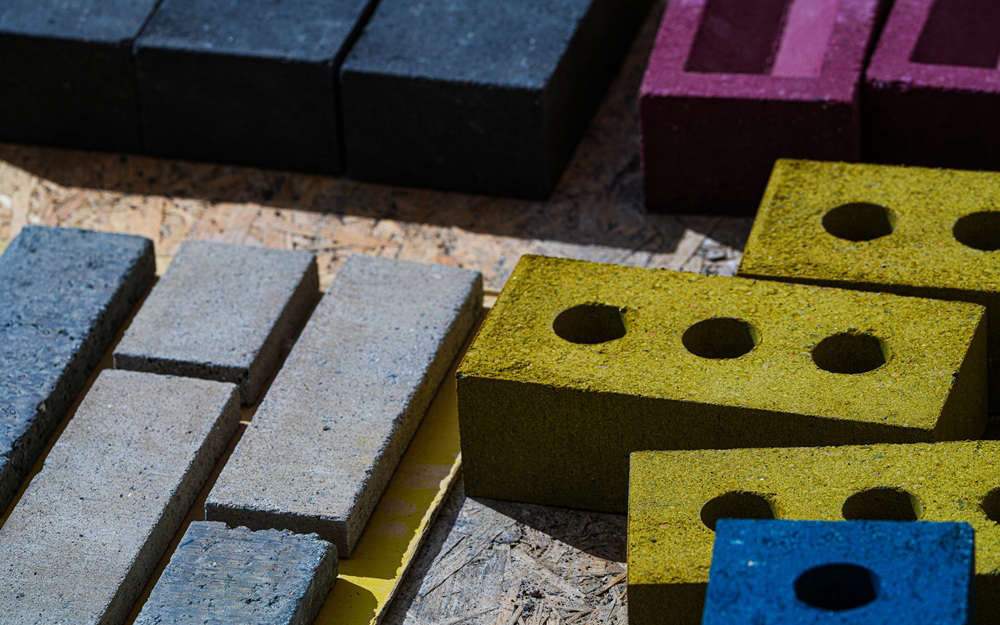
Scottish cleantech building materials company Kenoteq has marked a watershed moment for sustainable construction with its K-BRIQ made from construction and demolition waste. It has achieved certification from the British Board of Agrément (BBA), the UK's leading construction certification body. Termed as one of the world’s most sustainable low-carbon bricks, the K-BRIQ can now be specified for various construction projects, from facades and feature walls to brick plinths. Kenoteq is beginning commercial production of up to two million bricks annually. This will scale to four million as required from its first production facility in East Lothian. The company then plans to set up regional production in the UK and internationally to provide low-carbon building products from local waste. The unfired K-BRIQ, made from nearly 100% recycled construction and demolition waste, has been certified with the same accreditation as standard clay bricks. However, due to its innovative production process, it produces 95% less embodied carbon. Kenoteq can create recycled bricks fit for use within 24 hours of the processed waste arriving at its ultra-low energy factory. With no standard testing regime for a non-traditional building material of this type, the K-BRIQ underwent unprecedented rigorous testing over several years. It received the maximum durability rating possible, which is particularly important for the UK market. Public sector organisations and developers in the City of London are already showing strong interest in the K-BRIQ’s environmental credentials, as they believe it can help them meet their ambitious climate targets. Sam Chapman, co-founder and executive director of Kenoteq, said: "This certification marks the arrival of a truly transformative building material for the construction and interior design industries. “Unlike approaches that treat the symptoms of construction's environmental impact, the K-BRIQ addresses the root cause by directly tackling the waste crisis while delivering a product that performs exactly like traditional materials, including the clay brick.” The K-BRIQ has achieved 100 tonnes of carbon savings in demonstration projects. With 95% less embodied carbon than a traditional brick, it represents a major advancement in sustainable construction materials at a time when embodied carbon is increasingly recognised as crucial to a building's whole-life carbon impact. Embodied carbon can account for over 50% of a building's total carbon footprint, yet has received less attention than operational carbon in regulations and industry practices. A standard two-bedroom house in the UK typically requires around 12,000 bricks, so using a standard clay brick creates 5.46 tonnes of CO2e, a more comprehensive measurement than CO2 alone. Building with the K-BRIQ, in contrast, creates 0.2 tonnes of CO2e.
Trending Stories
-
 Being a plumber, electrician and gardener is the best way to stop AI taking your job
Being a plumber, electrician and gardener is the best way to stop AI taking your job
If you want to avoid artificial intelligence taking over your job in the future, learn a trade
-
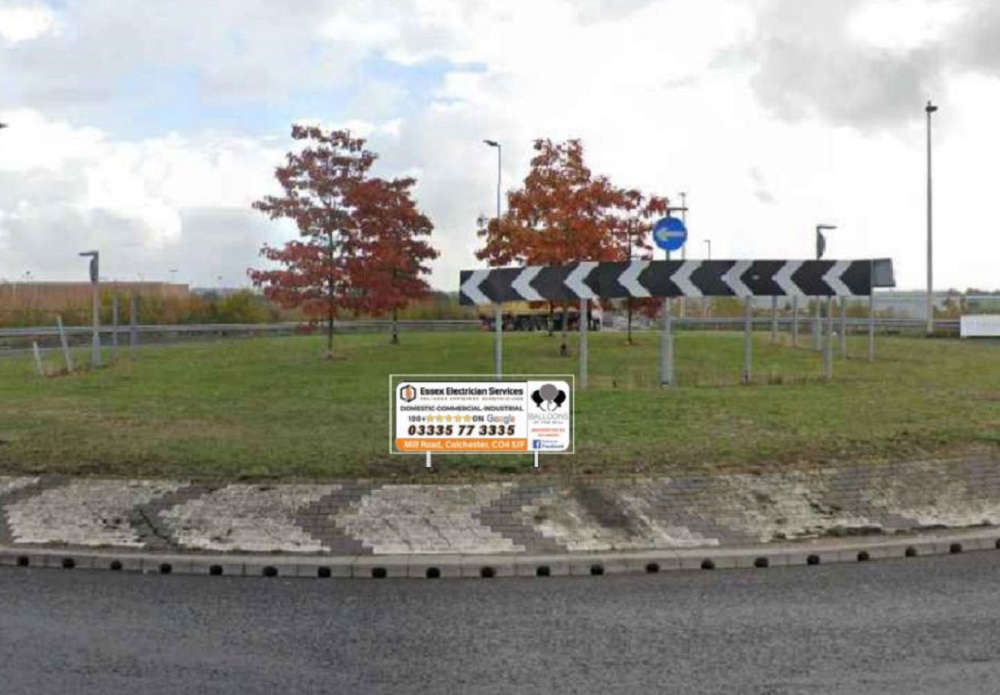 Essex electrician has roundabout signs rejected
Essex electrician has roundabout signs rejected
A sparkie’s bid to sponsor signs on two roundabouts has been refused by planning chiefs who described them as “clutter”
-
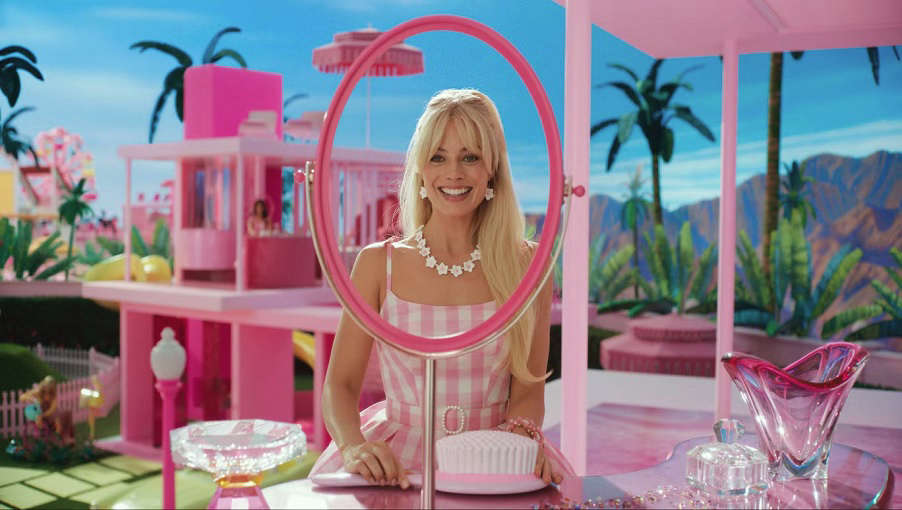 Barbie caused a ‘worldwide’ shortage of pink paint
Barbie caused a ‘worldwide’ shortage of pink paint
Barbie needed so much fluorescent pink paint that it caused a worldwide supply shortage for an entire company
-
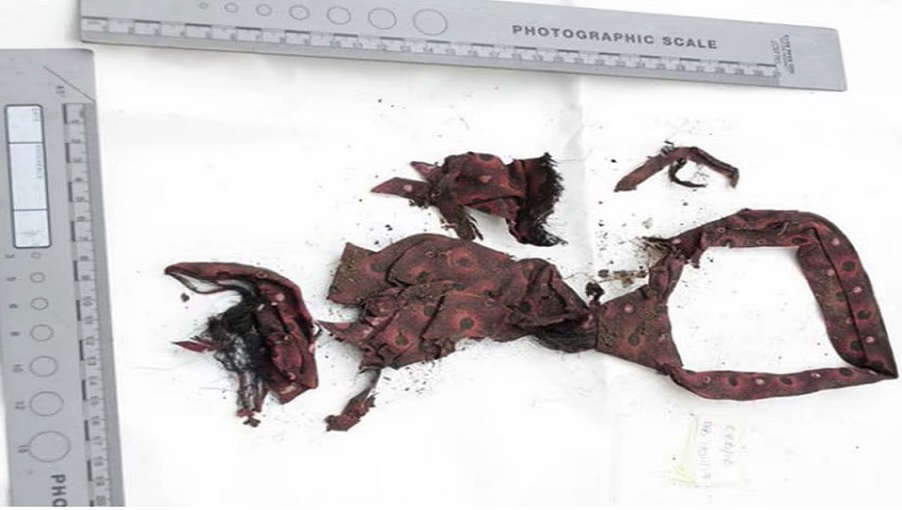 Builders find body of man murdered in the 1960s and buried in back garden
Builders find body of man murdered in the 1960s and buried in back garden
A woman who bought a South London house was left horrified after builders discovered the body of a man murdered in the 1960s and buried in her garden 14 months after she moved in
-
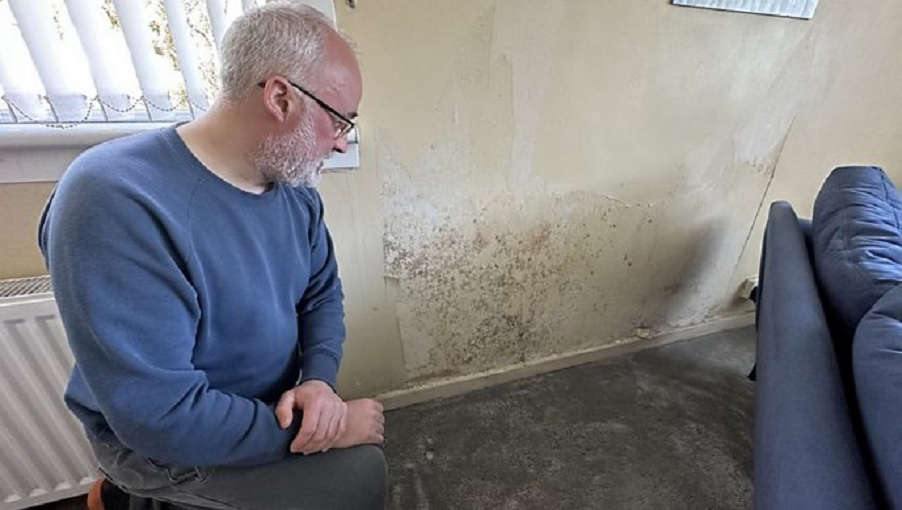 'Government insulation scheme ruined my home'
'Government insulation scheme ruined my home'
A home-owner said his flat has been ruined by black mould caused by a government "green" insulation schem
Comments
Add a comment